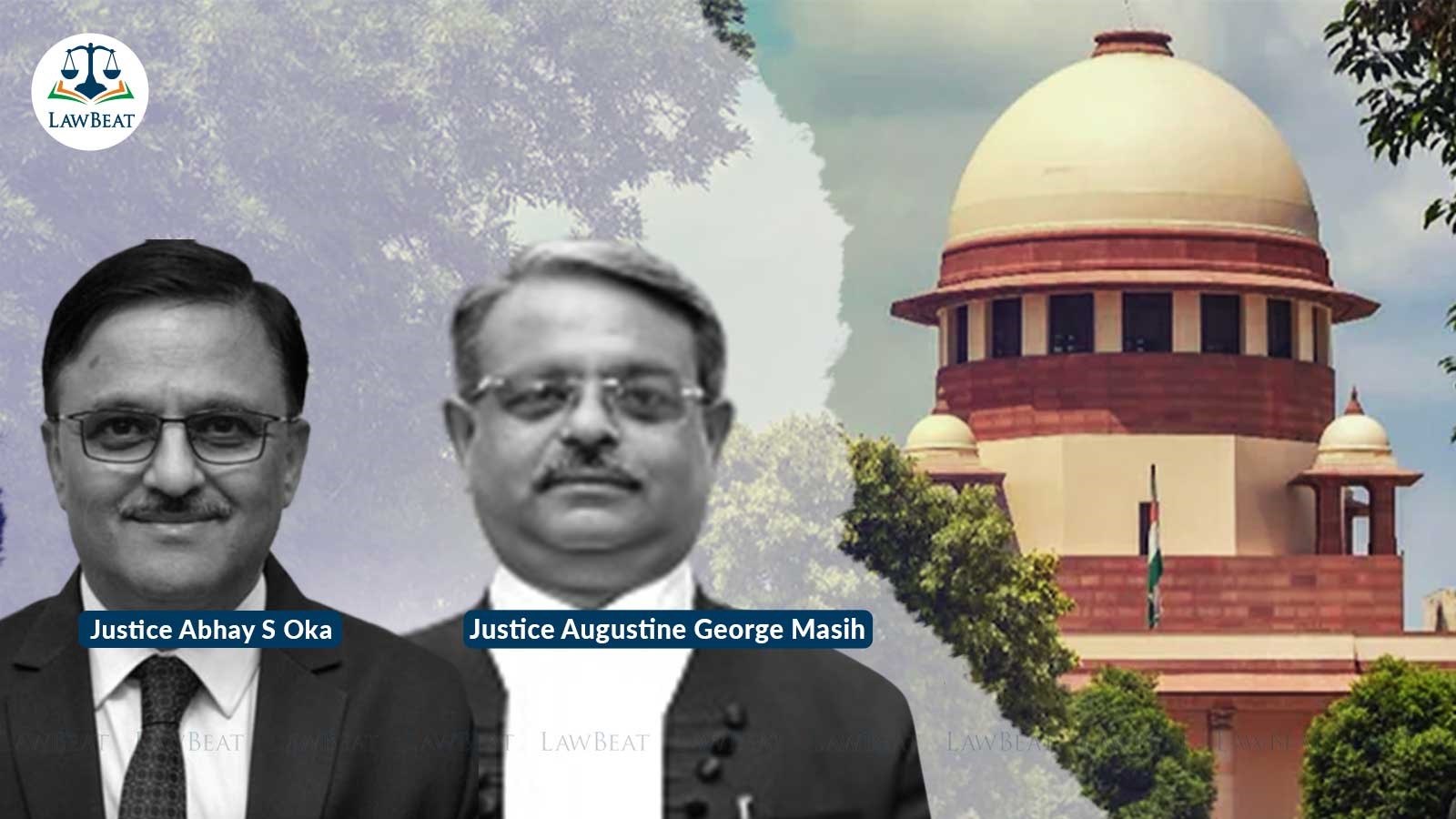'Single member of appropriate authority alone can't authorise search at clinic': SC quashes FIR for sex determination

SC quashed FIR, saying the high court ought to have noticed the illegality in the process
The Supreme Court recently observed that under the law prohibiting sex determination test of foetus, there is a power to initiate action if the authority has reason to believe commission of an offence, however, a single member of the appropriate authority alone authorising a search at a clinic or diagnostic centre would be completely illegal.
A bench of Justices Abhay S Oka and Augustine George Masih said that under Section 30 of the Pre-Conception and Pre-natal Diagnostic Techniques (Prohibition of Sex Selection) Act, 1994, it is needed that the complaint or other material received by the appropriate authority or its members should be immediately made available to all its members.
After examining the material, the appropriate authority must expeditiously decide whether there is a reason to believe that an offence under the 1994 Act has been or is being committed, the court said.
"The appropriate authority is not required to record reasons for concluding that it has reason to believe that an offence under the 1994 Act has been or is being committed. But, there has to be a rational basis to form that belief," it said.
The court also pointed out that the expression “reason to believe” cannot be construed in a manner that would create a procedural roadblock. The reason is that once there is any material placed before the appropriate authority based on which action of search is required to be undertaken if the action is delayed, the very object of passing orders of search would be frustrated, the court said.
However, the bench said, "Only the Chairman or any other member acting alone cannot authorise search under subsection (1) of Section 30. It must be a decision of the appropriate authority. If a single member of the appropriate authority authorises a search, it will be completely illegal being contrary to sub-section (1) of Section 30. If the law requires a particular thing to be done in a particular manner, the same shall be done in that manner only".
The court freed a radiologist, Ravinder Kumar of Gurugram in a case related to violation of the law prohibiting sex determination tests after finding the foundation of the case search and seizure at the diagnostic centre was "entirely illegal".
"In this case, there is no decision of the appropriate authority, and the decision to carry out the search is an individual decision of the Civil Surgeon, who was the Chairman of the concerned appropriate authority. Therefore, the action of search is itself vitiated," the bench said.
In the present case, the bench pointed out, going by the affidavit filed by Dr. Virender Yadav, the Chairman of the District appropriate authority cum-Civil Surgeon, Gurugram, the decision to conduct a search by appointing three officers by order on April 27, 2017 was only his decision purportedly taken in his capacity as the Chairman of the appropriate authority.
The bench noted that admittedly, the other two members of the appropriate authority were not parties to the said decision.
"The Civil Surgeon has given the excuse of urgency. The appropriate authority doesn't need to have a physical meeting. The Civil Surgeon could have held a video meeting with the other two members. However, when a video meeting is held, every member must be made aware of the complaint or the material on which a decision will be made. It was a matter of a few minutes," the bench said.
Going by the FIR and the complaint, the bench found that except for what was found in the search and the seized documents, there was nothing to connect the accused with the offence punishable under Section 23 of the 1994 Act.
"As the search itself is entirely illegal, continuing prosecution based on such an illegal search will amount to.abuse of the process of law," the bench said, allowing the appeal against the Punjab and Haryana High Court's order of January 13, 2023.
"The High Court ought to have noticed the illegality we have pointed out," the bench said, quashing the FIR in the case.
The allegation against the appellant and the co-accused was of indulging in the illegal activity of sex determination of a foetus by using ultrasound. The search was conducted after setting a decoy patient.
Case Title: Ravinder Kumar Vs State of Haryana
